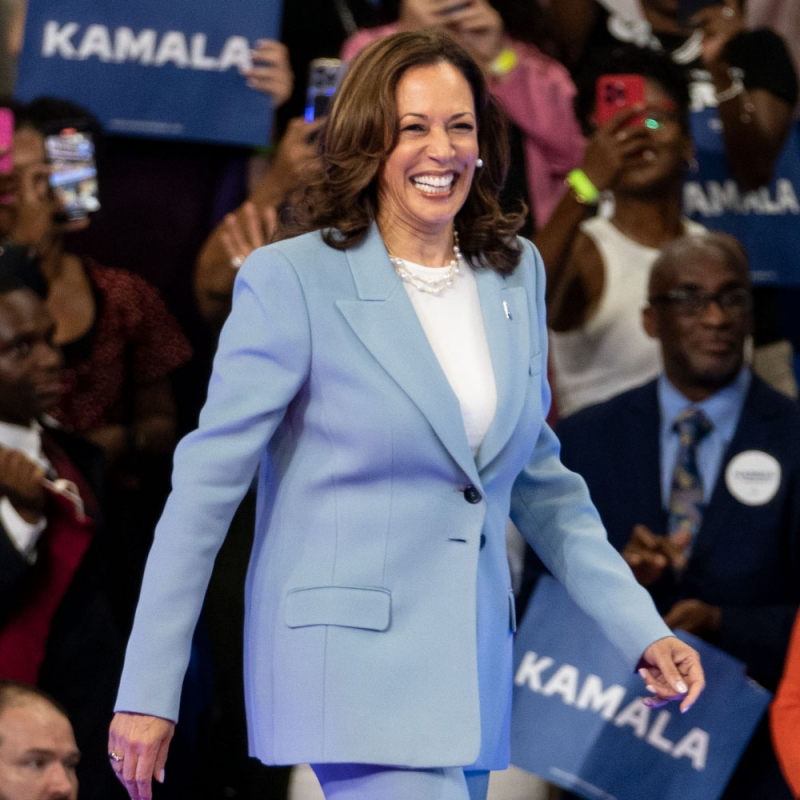WASHINGTON – The Black Economic Alliance unveiled its Advisory Board today, which brings together political leaders and strategists, corporate executives and entrepreneurs who will help guide the group’s work in the 2018 midterms and beyond. The inaugural Black Economic Alliance Advisory Board includes 22 stakeholders from across the political spectrum:
- Michael Steele, former chairman of the Republican National Committee
- Ron Kirk, former mayor of Dallas and U.S. Trade Representative under President Barack Obama
- Jennifer Granholm, former Governor of Michigan
- Susan Rice, former National Security Advisor and U.S. Ambassador to the United Nations
- Steve Schmidt, Republican communications and public affairs strategist
- William Cohen, Secretary of Defense under President Bill Clinton
- Robert E. Rubin, Treasury Secretary under President Bill Clinton
- Bakari Sellers, former South Carolina legislator and political analyst
- Carol Sutton Lewis, attorney; Founder, Ground Control Parenting
- Robert Raben, Democratic strategist
- Heather McGhee, former president of progressive think tank Demos
- Spencer Overton, policy expert
- Corporate executives and entrepreneurs:
- Carla Harris
- Caretha Coleman
- Ed Lewis
- Chris Lyons
- Dick Parsons
- Sheila Marcelo
- Troy Carter
- Morgan DeBaun
- Kneeland Youngblood
- Bennie Wiley
“The Black Economic Alliance will play an important role in promoting work, wages, and wealth for Black communities across the country – that’s not politics, that’s good public policy,” said Michael Steele. “I’m looking forward to working with this group of established business leaders and strategists to make sure that economic progress in Black communities becomes a priority for every elected official at every level of government.”
“Our work with the Black Economic Alliance will promote the kind of dialogue we need in Congress and in Governors’ mansions across the country to build a more fair and inclusive economy for all of us,” said Susan Rice.
“As Treasury Secretary, I saw firsthand the direct impact that smart policy can have on people’s lives – and I know if we have an economy that works for everyone, including our Black communities, America will thrive,” said Robert E. Rubin. “We need to address the issues which hold both Black families and our broader economy back. Policies like increased funding for vocational and technical training, eliminating pay discrimination, and increasing access to loans for small businesses will help every American to have the opportunity to pursue the American Dream.”
“As the state’s chief executive, governors have an incredible responsibility to grow the economy and ensure our hardworking citizens can do more than just get by — that was true in Michigan as it is around the country,” said Jennifer Granholm. “Through the Black Economic Alliance, we can support candidates and elected leaders committed to building an economy that leaves no one behind – because our economy works best when it includes all of us.”
“Hardworking Americans power our economy, but they need the opportunity to learn 21st-century economy skills to keep up with the rapidly-changing world that we live in,” said Carla Harris. “I’m pleased to work with the Black Economic Alliance to promote policies that will help develop our workforce, ensure that each American can contribute to and benefit from the economy, and create meaningful change that helps Black families access the opportunities they deserve.”
Launched last month to fight for economic policies that will help Black communities access equitable opportunities, the Black Economic Alliance has already endorsed several candidates in key U.S. Senate, U.S. House, and gubernatorial races. The group will raise and spend millions during the 2018 electoral cycle to invest in races where Black voters are going to be decisive – and where advocacy for a Black economic agenda will prove essential.


